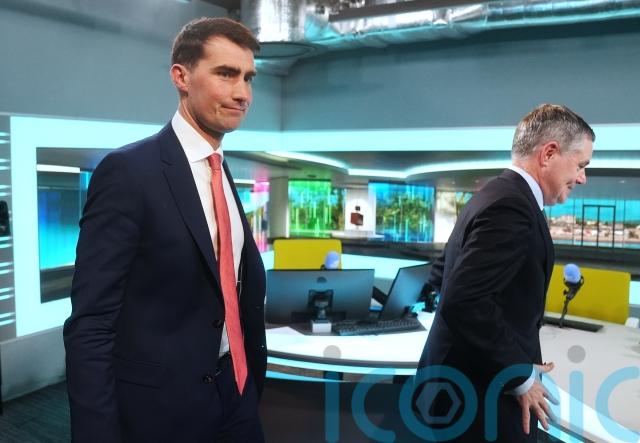
Budget measures will cut disposable incomes in average households by 2%, according to a study.
A Budget package of 9.4 billion euro was outlined on Tuesday, containing measures such as 10 euro welfare payment increases, a reduced VAT rate for hospitality and funding for a basic income scheme for artists.
There was no one-off cost-of-living measure outlined alongside the Budget this year.
The Economic and Social Research Institute (ESRI) said the income losses are mostly due to the withdrawal of cost-of-living measures, such as energy credits.

The losses are slightly higher for low-income households, who will see a cut of around 2.5% of household income.
The withdrawal of temporary measures will see losses of 4.1% of disposable income for the lowest income households compared to losses of 0.3% for higher income households.
For high-income families, the freeze to tax bands and credits, combined with a forecasted wage growth of 3.7% in 2026, amounts to an effective tax rise.
The ESRI said that if the last six budgets are taken together, households are slightly worse off by around 1.2% of disposable income compared to a scenario of income-indexed budgets since before the pandemic.
However, it added that policy changes have been nudging poverty rates down since 2020 for most groups, with the exception of the elderly poverty rate, which will be up four percentage points in 2026 compared to a series of income-indexed budgets.
1/16 This “Flash Release” gives the Council’s first read on Budget 2026. It explores some of the key areas that the Council will assess in its next Fiscal Assessment Report, due out in November. pic.twitter.com/By9HTDWnqH
— Irish Fiscal Advisory Council (@fiscalcouncil) October 7, 2025
The ESRI’s analysis comes after the Irish Fiscal Advisory Council (IFAC) said that a smaller budget package was required and that the Irish economy “does not require additional support”.
It said that without excess corporation tax, Ireland’s the public finances are in deficit and called for the Government to publish a revised medium-term fiscal plan.
The Parliamentary Budget Office (PBO), an independent civil servant-run body, said the Budget would result in income losses across all income groups.
In its flash analysis, it said the poorest 10% would see a 1.8% decrease in income, middle-income households would see a 1.2% decrease in income and the highest-income 10% would see a 0.6% decrease in income.
It said that for low-income households, the withdrawal of cost-of-living supports outweighs welfare gains contained in the budget, leaving them worse off once inflation is factored in.
“Income losses among low-income households leads to a rise in income poverty rates, rising from 11.7% in 2024 to a forecast level of 13.2% in 2025 and 12.6% in 2026,” it said.
“A rise in income poverty is evident for the elderly (those aged over 64), rising from 13.3% in 2024, to a forecast 19.0% in 2025 and 17.6% in 2026.”
The PBO also welcomed the end of “costly” universal energy credits as a “prudent” measure in Budget 2026.
Subscribe or register today to discover more from DonegalLive.ie
Buy the e-paper of the Donegal Democrat, Donegal People's Press, Donegal Post and Inish Times here for instant access to Donegal's premier news titles.
Keep up with the latest news from Donegal with our daily newsletter featuring the most important stories of the day delivered to your inbox every evening at 5pm.